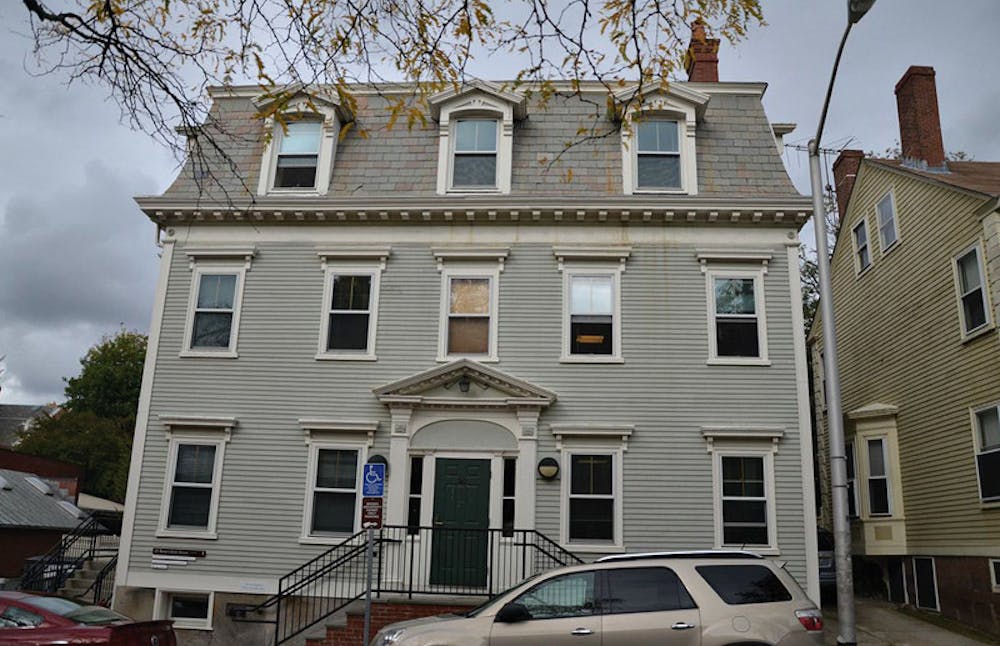A survey released this month by personal finance networking website WalletHub ranked Providence the worst in terms of livability for people with disabilities out of 150 U.S. cities.
The survey ranked cities in three categories, which were then compiled into an overall ranking. The economic environment measure took into account factors including cost of living, “employment rate among people with disabilities” and “cost of in-home services.”
The quality of life metric considered factors such as the percentage of people with disabilities living in the area, walkability and the concentration of special education teachers. Health care accessibility looked at factors including the number of physicians per capita, percentage of people without insurance and public hospital quality, according to the site. Providence placed 150th, 146th and 108th in each of these categories, respectively.
The survey notes that people with disabilities often have to take into account more variables than most people when deciding where to live, such as “the accessibility of various facilities, the quality of health care and even the cleanliness of the air.”
Sarah Skeels, teaching associate in behavioral and social sciences at the School of Public Health, credits the survey for “looking at things that matter.” One such valuable metric is the job market, she said, adding that employment is a national issue for people with disabilities. According to a June report by the Bureau of Labor Statistics, unemployment for those with disabilities was 13.1 percent in 2013, almost twice as high as the unemployment rate for those with no disabilities.
Skeels, who uses a wheelchair, said the experience of living in Providence is especially challenging for people with disabilities. She said planning of public spaces in Providence rarely considers “people with different mobility,” citing how curb cuts are sparsely distributed and, in winter, often covered with snow. The same is true of accessible parking spaces. While issues like these are not necessarily intentional, they are pervasive and inconsiderate, Skeels said. “Walk down Thayer. Walk down South Main,” she said, referring to the difficulties in accessibility across the city.
But it is not all bad news for Rhode Islanders with disabilities, Skeels said. The Warwick Beacon reported last month that a $200,000 federal grant was awarded to the Rhode Island Parent Information Network, a Cranston-based nonprofit providing resources for parents of children with special health and education needs.
WaterFire is an example of a program that takes steps to provide enjoyable experiences for spectators with disabilities, Skeels said. The event features accessibility information prominently on its website and makes water taxis available free of charge by email reservation.
There is a tendency among people with disabilities to seek out accommodating businesses and areas, Skeels said, adding that this is beneficial for the entire community.
“When communities are open to all kinds of people, it creates communities that include all kinds of people.” This results in a reduction in the “stigmatization of difference,” she said.
“I hope whoever becomes mayor wants to make Providence more friendly to people with disabilities,” she said. “If you build it, they will come.”

ADVERTISEMENT




